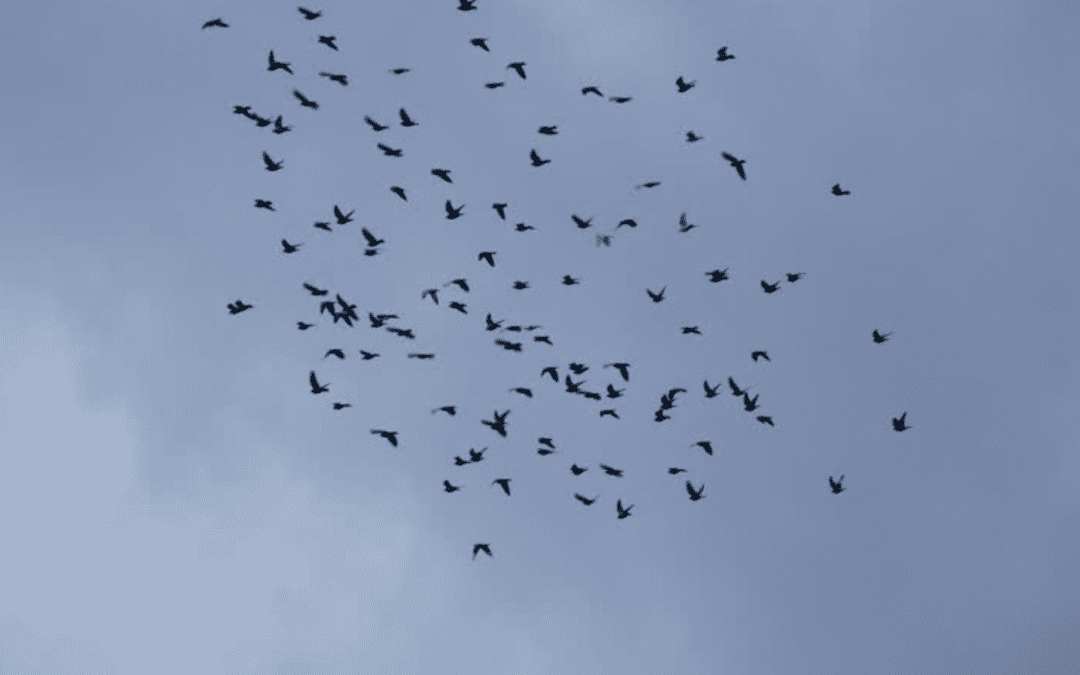
by Pigeon Patrol | Nov 28, 2020 | Bird Netting, Pigeon Patrol's Services, Pigeon Spikes, Pigeons in the News
Ever wondered why pigeons fly in circles? Keep on reading to find out why!
Why Pigeons Fly In Circles
Pigeons fly in circles to better navigate. These birds have a great sense of smell which they use to navigate. They fly in circles to locate the smell that reminds them of home. They could also be flying in a thermal, these help them look for food and conserve energy when flying.
Pigeons can be weird sometimes. The fact that these birds live close to humans, gives us the privilege to study and learn about their many animal behaviours.
You may have seen a flock of pigeons fly in circles and wonder what’s going on. Well, you are not alone. A lot of humans with an interest in birds have also been baffled by this.
Source
The good news is, thanks to countless scientific research and studies, the reason for this bird phenomenon has been cracked.
This article carefully explains why pigeons and a few other birds fly in circles. We hope it answers your questions.
Pigeons fly in circles to find their way around. These birds are gifted with a strong and acute sense of smell. We humans use our eyes to find our way home, pigeons use their sense of smell to locate their destination.
Flying in circles allows pigeons to sense the earth’s magnetic field and smell the many odours in the air. They do this until they find the smell native to their home.
Another possible reason why pigeons fly in circles is to discourage raptors from preying on them. Pigeons live in the same environment as crows and peregrine hawks, and they sometimes fall prey to these birds.
When a flock of pigeon senses danger from one of these birds, they are likely to leave their area of rest and fly in circles till the threat passes.
Without their sense of smell, these birds would literally be lost. But pigeons aren’t the only birds that fly in circles, many birds fly in circles for various reasons.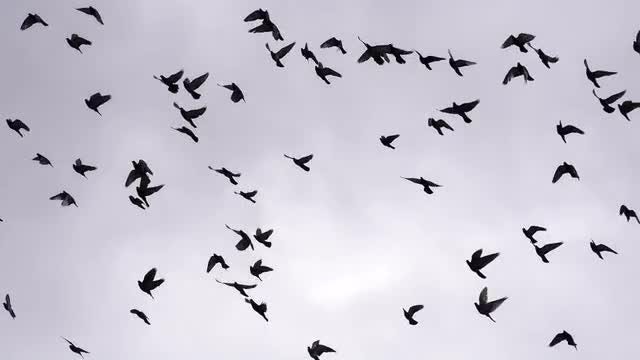
About Pigeon Patrol:
Pigeon Patrol Products & Services is the leading manufacturer and distributor of bird deterrent (control) products in Canada. Pigeon Patrol products have solved pest bird problems in industrial, commercial, and residential settings since 2000, by using safe and humane bird deterrents with only bird and animal friendly solutions. At Pigeon Patrol, we manufacture and offer a variety of bird deterrents, ranging from Ultra-flex Bird Spikes with UV protection, Bird Netting, 4-S Gel and the best Ultrasonic and audible sound devices on the market today.
Contact us at 1- 877– 4– NO-BIRD, (604) 585-9279 or visit our website at www.pigeonpatrol.ca
Pigeon / Pigeon Patrol / Pigeons Roosting / Vancouver Pigeon Patrol / Bird Control / Surrey Pigeon Control / Pest / Vancouver Pigeon Blog / Birds Inside Home / Pigeons in the cities / Ice Pigeons
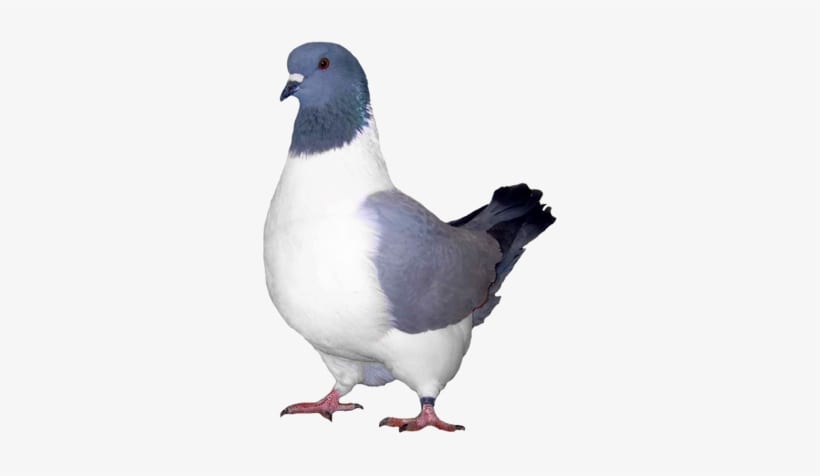
by Pigeon Patrol | Nov 23, 2020 | Bird Deterrent Products, Bird Netting, Pigeon Control, Pigeon Droppings, Pigeon Patrol's Services, Pigeons in the News
Ever heard of ice pigeons? No? keep on reading to find out what they are!
Ice Pigeons
The Ice pigeon is a breed of fancy pigeon developed over many years of selective breeding. Ice pigeons, along with other varieties of domesticated pigeons, are all descendants from the rock pigeon. In 1846, Charles Darwin is known to have crossbred the Ice pigeon in order to ascertain colour patterns.
it is one of the oldest of the German color pigeon breeds and was developed over many years of selective breeding.The breed is actually from the South Germany. And it was first developed in the region from eastern Germany to western Poland, with most early breeding in Saxony and Silesia.
Where Do They Live?
And it was first developed in the region from eastern Germany to western Poland, with most early breeding in Saxony and Silesia. The Ice pigeon and other varieties of domesticated pigeons, all are descendants from the wild or feral rock pigeon.
Appearance
This pigeon is an average sized bird which is named and known for it’s ‘ice-blue’ coloration. It’s head is slightly oblong, and have smooth head.
It has several varieties, which are differing in the type and color of their wing pattern. But the basic color of these birds is a pale grey.
Eyes of these birds are of different color depending on the variety. The black barred and checked version has orange to yellow orange colored eyes. And all other varieties have black eyes.
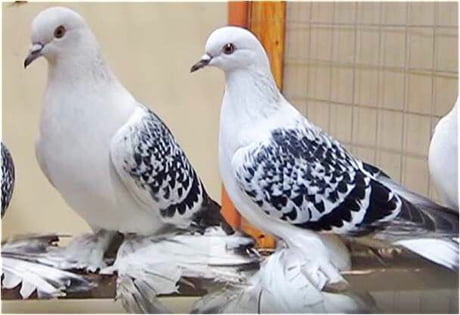
| Ice Pigeon | Breed Profile |
| Breed Name |
Ice |
| Other Name |
Polish: Lazurek; German: Eistaube |
| Breed Purpose |
Exhibition, ornamental, pets |
| Special Notes |
Beautiful, calm and gentle in nature, good for ornamental purpose, good for exhibition, good for raising as pets |
| Breed Class |
Small to medium |
| Climate Tolerance |
All climates |
| Flying Ability |
Average |
| As Pets |
Good |
| Color |
Many |
| Rarity |
Common |
About Pigeon Patrol:
Pigeon Patrol Products & Services is the leading manufacturer and distributor of bird deterrent (control) products in Canada. Pigeon Patrol products have solved pest bird problems in industrial, commercial, and residential settings since 2000, by using safe and humane bird deterrents with only bird and animal friendly solutions. At Pigeon Patrol, we manufacture and offer a variety of bird deterrents, ranging from Ultra-flex Bird Spikes with UV protection, Bird Netting, 4-S Gel and the best Ultrasonic and audible sound devices on the market today.
Contact us at 1- 877– 4– NO-BIRD, (604) 585-9279 or visit our website at www.pigeonpatrol.ca
Pigeon / Pigeon Patrol / Pigeons Roosting / Vancouver Pigeon Patrol / Bird Control / Surrey Pigeon Control / Pest / Vancouver Pigeon Blog / Birds Inside Home / Pigeons in the cities / Ice Pigeons
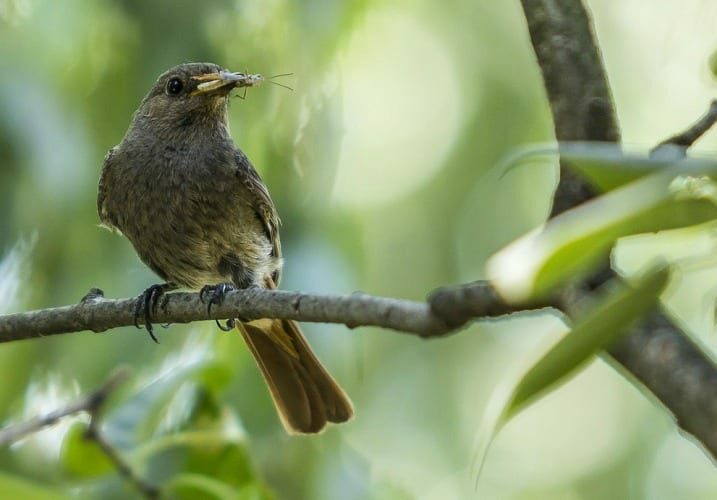
by Pigeon Patrol | Nov 15, 2020 | Bird Deterrent Products, Bird Netting, Bird Spikes
Wanna know how to keep pest birds away from your garden? Well you’ve come to the right place!
It takes work to till, plant and weed a garden. But the results are worth it—flowers, fruits and vegetables you can proudly share with family and friends. The problem is birds. They like your garden too.
Pest Birds Can Destroy Gardens
Without effective bird controls, pest birds like sparrows, swallows, pigeons and crows can wreak havoc on your garden. Songbirds will show no mercy to your broccoli, corn, green peas, snap peas, apples, apricots, blackberries, blueberries, cherries, currants, grapes, peaches, pears, plums, raspberries and strawberries. You’ll know you have a problem if patches of young seedlings completely disappear, or the tops of your young plants are chewed off, or if you notice bites taken out of the berries as they ripen.
Mocking birds, orioles and thrashers, for example, will eat your oranges. Bluebirds, finches, robins and waxwings love to feast on grapes. Starlings will go after your cherries. Regardless of the fruit you’re growing, there’s a bird that will “beat you to the picking.” Birds also won’t hesitate to crater your lawn while they dig for bugs. In times of drought, birds will eat many different fruits and vegetables, including tomatoes and melons.
Lethal Means of Bird Control Are Often Illegal
Some homeowners are tempted to resort to lethal bird control measures. Poisons (avicides) should not be used, since they can be ingested by pets and pose additional hazards to adults and children. These lethal substances are also tightly controlled by the government, and many species of birds are protected, so their use is highly restricted. The use of firearms, even pellet guns, should also be avoided, since they pose harm and possible injury to neighbours, pets and property. Trapping birds is one option, but this method won’t stop other birds from invading your garden. If your garden is attractive for roosting and nesting, they’ll just keep coming.
The hard truth is that unless you implement some effective bird control measures, you’re just growing fruits and vegetables for the birds. To save your garden, here are some inexpensive and humane strategies the bird control experts at Absolute Bird Control recommend:
Make Your Garden Less Attractive to Pest Birds
To deter pest birds from your garden, start by removing their easy access to food and water—including pools of standing water after rains or sprinkler use. Convince your family (especially kids and grandma/grandpa) to stop feeding any birds. These early “scouts” will bring flocks to your garden. So make sure trash containers are tightly closed, and clean any food scraps around tables, benches and chairs. Finally, deny birds access to nesting and roosting sites around your property by sealing all openings to eaves, lofts, steeples and vents.
Another Way To Keep Pest Birds Away: Create a Visual Distraction Zone for Pest Birds
To keep pest birds from your garden, create a visual distraction zone around it. Absolute Bird Control offers a number of economical products that will harmlessly alarm or distract pest birds. Here are five you should consider:
- Flash Tape. This tape comes in 100-ft rolls and is made of iridescent foil that’s easily cut into short strips. Affixed to high visibility areas of your garden, the strips snap in the wind and reflect sunlight to make birds too nervous to stay.
- Bird Scare Diverters. These teardrop-shaped deterrents intimidate pest birds with a predator eye on a reflective surface. A swivel attachment allows the diverter to rotate 360° for added effectiveness. Attach to fences, trees and patio covers.
- Bird Scare Balloons. Covered with lifelike reflective predator eyes and markings, these balloons are 16-inches in diameter (about he size of a standard beach ball). Pest birds take one look at those big bright eyes and think they’re about to be attacked by a giant predator. Made of UV-resistant and weather-resistant vinyl. Attach to fences, trees and patio covers.
- Hawk Decoys. These realistic-looking decoys stand about 17 inches tall to convince pest birds that a real hawk is standing by ready to strike. Made of heavy duty plastic to ensure its “live” appearance, the decoys can be placed in any high visibility area of your garden. Simply move the decoy from time to time to keep pest birds “on their toes.” Source
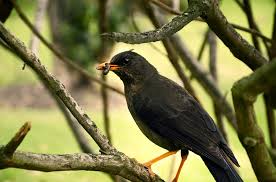
About Pigeon Patrol:
Pigeon Patrol Products & Services is the leading manufacturer and distributor of bird deterrent (control) products in Canada. Pigeon Patrol products have solved pest bird problems in industrial, commercial, and residential settings since 2000, by using safe and humane bird deterrents with only bird and animal friendly solutions. At Pigeon Patrol, we manufacture and offer a variety of bird deterrents, ranging from Ultra-flex Bird Spikes with UV protection, Bird Netting, 4-S Gel and the best Ultrasonic and audible sound devices on the market today.
Contact us at 1- 877– 4– NO-BIRD, (604) 585-9279 or visit our website at www.pigeonpatrol.ca
Bird Gone, Pigeon Gone, Seagull Gone, Pigeon problems, 1-877-4NO-BIRD, 4-S Gel, Bird Control, Pigeon Control, bird repellent,, sonic bird repellent, stainless steel , bird spikes Vancouver, Ultra Sonic Bird Control, Bird Netting, stop aggressive pet birds Canada bird deterrents, Pigeon Pests, B Gone Pigeon, Pigeon Patrol, pest controller, pest control operator, pest control technician, Pigeon Control Products, humane pigeon, pigeon deterrents, pigeon traps, Pigeon repellents, stop aggressive pet birds Sound & Laser Deterrents, wildlife control, raccoon, skunk, squirrel deterrent, De-Fence Spikes, Dragons Den, Canada bird spikes, Canada pigeon, pigeon control, pigeon patrol, pigeon. destroy pigeons, crow, starling, Pigeon Habitat, Pigeon identifications, pigeon myths, stop aggressive birds, stop aggressive pet birds, problems with pest birds, Keep away pest birds
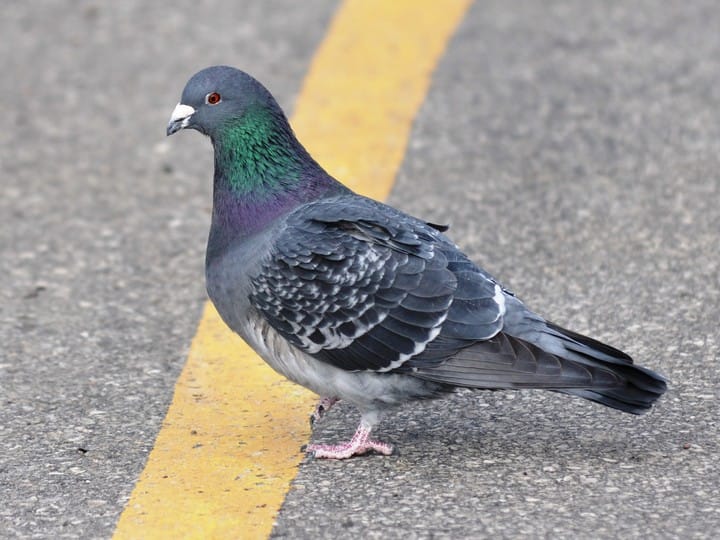
by Pigeon Patrol | Nov 15, 2020 | Animal Deterrent Products, Bird Deterrent Products, Bird Netting, Bird Spikes
Do you wanna know what the problems are with pest birds? then keep on reading!
| Pest Bird Problems – Problems Caused by Pest Birds
Birds problems can cause damage to buildings and agriculture environments. Many bird problems are due to poor planning and /or design. Nimby Bird Control Solutions has a team of experts who first study the bird problems and develop a plan of action to address the particular bird problem faced by each client.
Nimby Bird Control Solutions is committed to environmentally sound methods of bird control. This includes a number of bird control techniques including netting, spikes, electric shock and other bird deterrents. Our methods to address bird problems first begin with a thorough examination and understanding of each bird problem situation. |
|
| Types of Bird Problems
Pigeon Nesting Bird Problems
Nesting can cause fire hazards and extensive damage to roofs, eaves, structures and machinery. Nesting around building ventilation systems will cause them to clog and work inefficiently. Birds nesting can introduce bacteria and viruses into buildings. Spores, parasites, fleas and ticks can become serious health hazards in affected buildings. Nests in chimneys and vents can block exhausting of moisture and carbon monoxide. This can cause build up of mold and carbon monoxide causing health hazards.
Pigeon droppings Bird Problems
Bird Droppings are not just unsightly. They contain allergens and health hazards. They are also highly corrosive and harmful to buildings, machinery. Bird droppings can lead to clogging of the ventilation ducts and obstruction of drainage systems. Damage to equipment and machinery, buildings and roofs can be very expensive to repair. Unpleasant odors can permeate through ducts and ventilation systems. Bird droppings and feces, when inhaled, can cause an incurable disease called histoplasmosis which is characterized by constant flu-like symptoms. Source
Property damage Bird Problems
Property Damage to roofs, eaves, chimneys and machinery are among some of the issues faced by property managers. Bird droppings contain corrosive matter including uric acid. They are extremely harmful to machinery and equipment and are often the cause of expensive damage to stored items as well. Bird droppings can accumulate and block gutters and result in water damage to roofs and walls.
Appearance issues Bird Problems
Appearance issues Nests, droppings and debris cause appearance problems as well as safety and health concerns. At entrances to buildings, stores and restaurants they can be unsightly and a reason for drop in traffic and sales. Depending on their locations, bird droppings in high traffic areas can cause safety concerns. Around paths and walkways, and at entrances to stores and buildings, bird droppings and bird feces are slippery and unsafe, can spread bacteria and health risks.
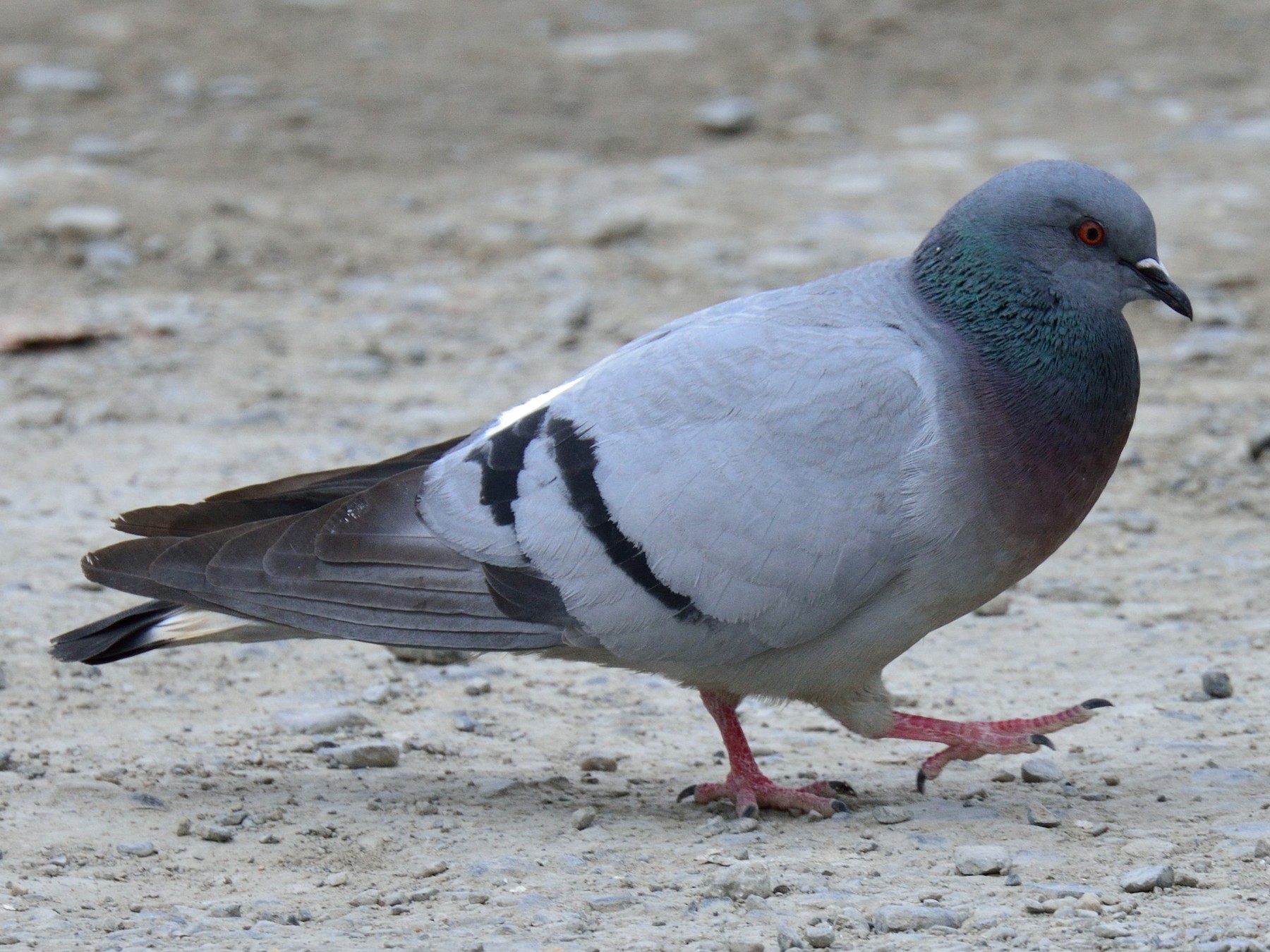
Safety hazards
Safety Hazards are frequently less understood. Birds carry allergens, parasites, bacteria and other health risks to humans. Histoplasmosis, encephalitis and other infectious diseases are spread by birds. Birds nesting around air-conditioning equipment can spread these contaminants throughout buildings and cause a phenomenon called sick building. Birds introduce parasites, fleas and ticks in the environment around their nesting areas and building ventilation system. Air circulation can quickly spread odor and contaminants throughout the building.
Food Contamination Bird Problems
In warehouses, food manufacturing plants, grain silos, storage facilities. Grocery stores with open displays, exposed food shelves and other such facilities require special attention. Birds often find ways to nest and breed around such buildings. Contaminated food, stored items may have to be destroyed and extensive expenses incurred for cleaning and sanitation.
Bird Problems in airport hangars and small twin engine planes on tarmac
Aircraft Hazards – there are a number of bird problems besides bird strikes that are faced by municipal airports. Birds find nesting areas and form colonies around aircraft hangars, maintenance buildings. They can cause slippery hangar floors due to their droppings and thus jeopardize people’s safety. Birds will also lead to unhealthy work environments, foul parts prior to installation, cause hazardous situations when birds inhabit aircraft mechanisms. Bird droppings are extremely corrosive and cause expensive damage to the paint on aircraft. Birds also nest or loaf around airport jetways and loading bridges. Nimby Bird Control Solutions has effective bird control solutions designed especially for bird problems at aircraft hangars and airports.
Birds in agricultural fields Bird Problems
Agricultural Damage Bird Problems have a direct impact on the economics of agriculture. Birds feed on seeds or seedlings, damage or destroy ripened crops or pass bacteria on the crops possibly spreading disease or harmful bacteria. The birds may also eat or defecate on stored food. In small numbers, these bird problems are manageable. Left unchecked, they can have a significant adverse impact on farming operations, fish farms, orchards and vegetable farms. In recent times cormorants have become a serious concern in the upper great lakes region. |
About Pigeon Patrol:
Pigeon Patrol Products & Services is the leading manufacturer and distributor of bird deterrent (control) products in Canada. Pigeon Patrol products have solved pest bird problems in industrial, commercial, and residential settings since 2000, by using safe and humane bird deterrents with only bird and animal friendly solutions. At Pigeon Patrol, we manufacture and offer a variety of bird deterrents, ranging from Ultra-flex Bird Spikes with UV protection, Bird Netting, 4-S Gel and the best Ultrasonic and audible sound devices on the market today.
Contact us at 1- 877– 4– NO-BIRD, (604) 585-9279 or visit our website at www.pigeonpatrol.ca
Bird Gone, Pigeon Gone, Seagull Gone, Pigeon problems, 1-877-4NO-BIRD, 4-S Gel, Bird Control, Pigeon Control, bird repellent,, sonic bird repellent, stainless steel , bird spikes Vancouver, Ultra Sonic Bird Control, Bird Netting, stop aggressive pet birds Canada bird deterrents, Pigeon Pests, B Gone Pigeon, Pigeon Patrol, pest controller, pest control operator, pest control technician, Pigeon Control Products, humane pigeon, pigeon deterrents, pigeon traps, Pigeon repellents, stop aggressive pet birds Sound & Laser Deterrents, wildlife control, raccoon, skunk, squirrel deterrent, De-Fence Spikes, Dragons Den, Canada bird spikes, Canada pigeon, pigeon control, pigeon patrol, pigeon. destroy pigeons, crow, starling, Pigeon Habitat, Pigeon identifications, pigeon myths, stop aggressive birds, stop aggressive pet birds, problems with pest birds
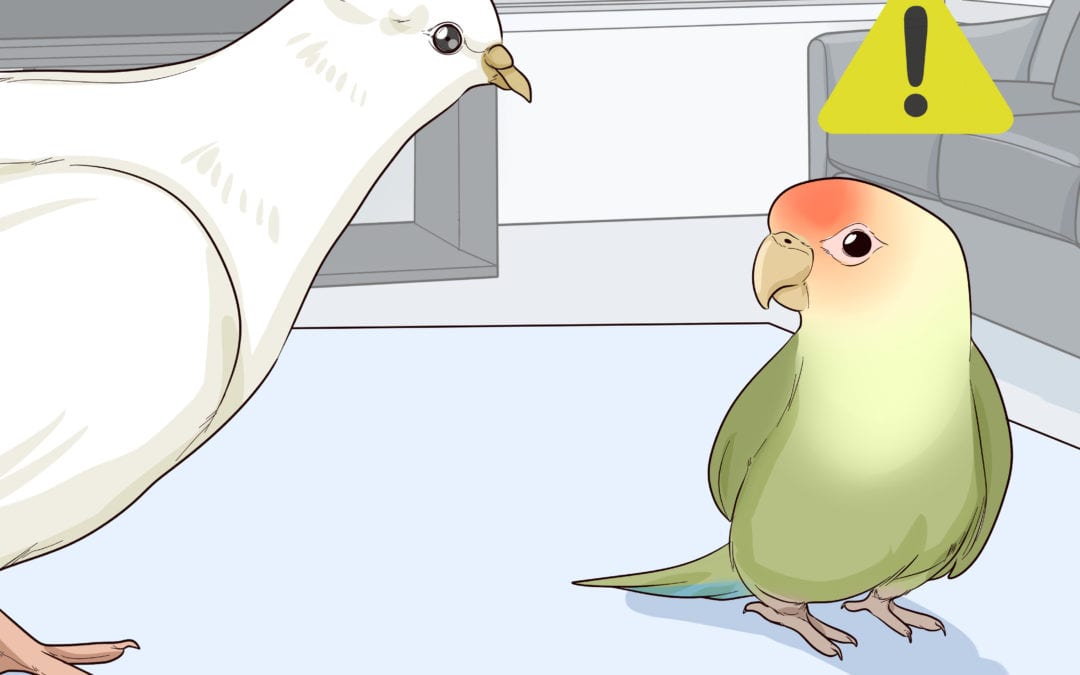
by Pigeon Patrol | Nov 11, 2020 | Bird Deterrent Products, pet bird
There’s no such thing as a mean bird. There are, however, birds that are fearful and those with emotional problems that cause them to want to avoid being handled. When one of these birds finds itself in a situation as a pet, it can be problematic for both bird and owner, possibly leading to bird aggression. Fortunately, you can train your bird to enjoy the time it spends with you.
Why Do Some Pet Birds Have Aggressive Behavior?
The most common causes of aggression in birds are fear or previous traumatic experiences. These can lead to handling problems, bites, and attacks when birds are interacting with their owners and others. Yet, birds are complex and any number of things can lead to aggressive behavior:
Fear often develops in pet birds that were not hand-fed when they were young.
- A lack of proper socialization may lead a bird to be afraid of humans, other birds, or new experiences.
- Some birds become jealous when their owner interacts with other people. This plays on the natural “pair bonding” instinct many bird species have and, in captivity, you may be seen as your bird’s partner.
- If you adopted an older bird, it’s possible that it was mistreated or neglected in some way by its previous owner.
- Some birds become aggressive during their adolescence due to hormone changes. This will typically pass once the bird gets through this stage.
- Protecting their claimed territory, such as the birdcage or feeder, can lead to aggression.
- Birds that are stressed or lack mental stimulation may also act out.
How to Stop Aggressive Behavior
If your pet bird bites you when you try to handle it, you must set aside time each day to work on handling your feathered friend. This doesn’t have to be anything specific; you can incorporate your attempts to reduce your bird’s aggression into normal handling. For instance, you might need to work on bonding with your bird or train it to enjoy petting. You can even teach it how to do fun bird tricks. The point is that the more you work with your bird, the more it will enjoy your company, and the less aggressive it will act.
When working with your pet, a few tips and techniques will help it to learn that handling is safe and fun.
Move to a Neutral Location
If possible, move your bird’s cage to a neutral location during training sessions. Removing a bird from its “territory” can sometimes make it more willing to cooperate with its owner and prevent any territorial aggression.
Don’t Force Contact
If your bird lunges at your fingers when you place your hand near it, try not to jerk away suddenly out of fear. Your swift movements will likely make your bird even more nervous and apprehensive.
Taking it slow and easy is the better method; don’t try to force contact. Try to leave it up to the bird to decide when it’s comfortable enough to step up or accept a treat.
Try Stick Training
Training a bird to step up on a stick or a perch is referred to as “stick training.” It’s the recommended alternative to training a bird that’s not able to be handled at first. It’s a less invasive approach and easier for a bird that is fearful or was traumatized in the past to accept this way of moving without force.
Avoid Yelling
Raising your voice in anger (or pain) will not make your bird understand that it has done something wrong. In fact, it’s more likely to reinforce your bird’s bad behavior as it will love getting such a big reaction out of you. Whatever happens, avoid the temptation to yell at or punish your bird.
Bear Gifts
Offer your bird treats and speak in a soothing voice when you’re trying to handle it. Using treats and praise will help your pet be more willing to interact with you and it’s much more effective than discipline. If every interaction with your bird results in a positive experience, it will likely become more comfortable and open to a closer relationship with you.
Many people try to force interaction in the hope that this will stop the bird from resisting and it will simply give in to being handled. This is referred to as “flooding” and it’s not recommended as a training technique.
Build Trust Through Repetition
With birds, repetition and consistency are keys to training. Make time to work with your bird at least once a day to ensure success. Keep in mind that it sometimes takes a while to build up trust with a bird, so don’t give up!
Don’t Overwork Your Bird
Initially, keep training sessions at a 15-minute maximum. Birds are intelligent and sensitive creatures, and they need to have some fun in order to maintain their mental health and keep from becoming stressed.
Break the Pair Bond
If your bird becomes jealous of your interactions with other people, you will need to enlist the help of family members and visitors. The goal is to better socialize your bird and show it that these people are not a threat to the relationship it has with you.
Try various confidence-building exercises with other people and stay nearby to show your approval. You might, for instance, have visitors offer your bird a treat whenever they enter the house. To reinforce good behavior, they should also praise the bird in a happy, upbeat voice while making eye contact.
Another exercise is to lay out your bird’s food on a towel in front of the bird and have your family pick at it with their fingers, just like a bird does with its beak. If you do this regularly, your bird may want to join in the fun. They can also help you clean the cage or give your bird food or water so it is comfortable with your family’s presence.
Keep a Flexible Routine
Birds need mental stimulation and many enjoy a routine, so regular time for food, play, and other interactions each day is a good idea. However, some birds may react negatively if a routine is too rigid and gets disrupted. source
For example, if you get home from work at a certain time each day and immediately let your bird out for playtime, being late one day could lead the bird to act out. Try to employ some flexibility in your daily routines that involve your bird. It will help the bird better tolerate change and understand that things won’t always happen in a particular order or at a certain time, but it will happen.
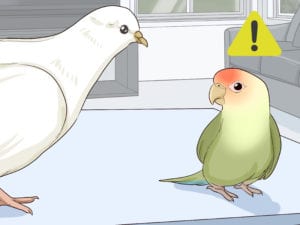
Get Professional Help
If you put in the necessary effort, chances are you will be able to train your pet in a reasonable amount of time. If your bird is so aggressive that you cannot attempt training exercises, the first thing you should do is visit your avian veterinarian to rule out any health concerns. When no physical reasons can explain your pet’s undesirable behavior, contact a certified parrot behavior consultant for an expert opinion on your situation.
& That is how you stop aggressive behavior in pet birds
About Pigeon Patrol:
Pigeon Patrol Products & Services is the leading manufacturer and distributor of bird deterrent (control) products in Canada. Pigeon Patrol products have solved pest bird problems in industrial, commercial, and residential settings since 2000, by using safe and humane bird deterrents with only bird and animal friendly solutions. At Pigeon Patrol, we manufacture and offer a variety of bird deterrents, ranging from Ultra-flex Bird Spikes with UV protection, Bird Netting, 4-S Gel and the best Ultrasonic and audible sound devices on the market today.
Contact us at 1- 877– 4– NO-BIRD, (604) 585-9279 or visit our website at www.pigeonpatrol.ca
Bird Gone, Pigeon Gone, Seagull Gone, Pigeon problems, 1-877-4NO-BIRD, 4-S Gel, Bird Control, Pigeon Control, bird repellent,, sonic bird repellent, stainless steel , bird spikes Vancouver, Ultra Sonic Bird Control, Bird Netting, stop aggressive pet birds Canada bird deterrents, Pigeon Pests, B Gone Pigeon, Pigeon Patrol, pest controller, pest control operator, pest control technician, Pigeon Control Products, humane pigeon, pigeon deterrents, pigeon traps, Pigeon repellents, stop aggressive pet birds Sound & Laser Deterrents, wildlife control, raccoon, skunk, squirrel deterrent, De-Fence Spikes, Dragons Den, Canada bird spikes, Canada pigeon, pigeon control, pigeon patrol, pigeon. destroy pigeons, crow, starling, Pigeon Habitat, Pigeon identifications, pigeon myths, stop aggressive birds, stop aggressive pet birds










